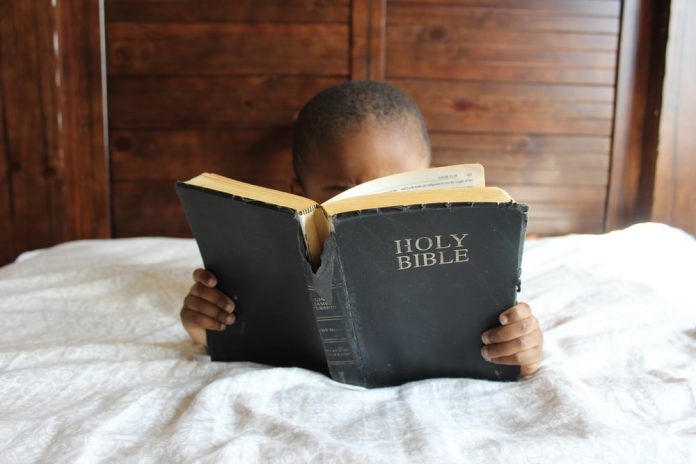I grew up as a pastor’s kid and learned some pretty important lessons that churches need to know about pastors and their families.
There seems a resilient misconception that pastors are less prone than the rest of us to things like exhaustion, temptation, frustration, and loneliness. I’ve seen that the opposite is actually closer to the truth. A pastor is especially vulnerable to all these things because of the constant emotional vigilance of his calling. Most of us are grateful, even unconsciously, that our spiritual lives and our vocations don’t overlap to the degree that they do in the pastorate.
If I had one piece of advice for all evangelical churches, it would be: Generously grant rest to your pastor. If everything falls apart when he’s not there, that’s not a reason to limit his rest, it’s a reason to seriously rethink the culture of the church. A pastor who feels like he has to choose between stewarding his mind, body, and family, and making sure the church functions well, is a pastor who is on a path to burnout (or worse).
Two seemingly omnipresent misconceptions: Kids will be fine if they’re in church regularly, but requiring them to come with you will foment rebellion. Both ideas are intuitive to different kinds of people in evangelical churches, but both are wrong.
My brother in law likes to say that evangelicals often think the gospel is something you catch like a cold. If you’re around infected churchgoers, eventually you’ll come down with salvation. I don’t need to go into detail about all the stories I could tell of how this cliche was proven false, sometimes with grave consequences. Youth ministry is as good a substitute for home discipleship as going to the ER is a good substitute for diet and exercise. If there’s no prayer, bible reading, or parent-child discipleship going on in your home, and everything “seems” OK, that’s cause to be alarmed.
On the other hand, I’ve seen so many parents sheepishly acknowledge that they didn’t require their 14 year old to get out of bed for church because they were nervous such requirements would turn him against church. This might be more true if human maturity and development stopped at 16. But it doesn’t, and it turns out that when the teenage years are in the rear view, it’s still pretty easy for most folks to remember what their parents did and didn’t think was important in their home.
This is one thing that my Dad has said he wished he’d done differently with me and my siblings. Seasoned saints are more equipped to handle the frustrating parts of church government, business, or discipline than teens are. You can’t hit a button and make your child resent the local church, but you can overwhelm with its blemishes before he is able to see the beauty.
Here’s a very practical tip for pastors with kids: Think of your kid seeing business meeting fights and hearing moral failures similarly to how you think about them seeing conflicts in your marriage. You won’t be able to keep them out of the know on every tense or sinful moment with your spouse, but when they are witnesses to it, most couples will talk to them instead of assuming they’re processing it correctly. Apply that same logic to the dark side of church life. Keep your PKs out of the ecclesiological trenches as long as possible, but when they must see it, help them respond.
All Content & Images are provided by the acknowledged source
